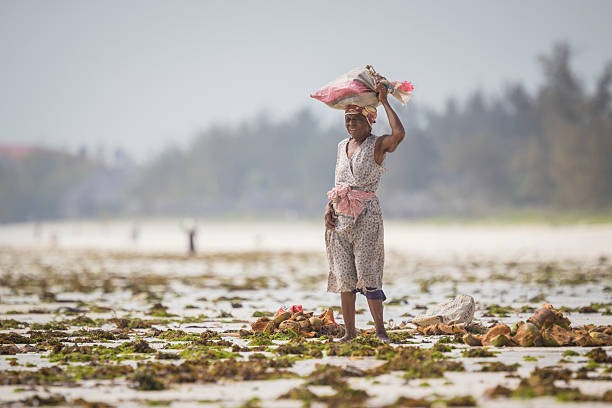As promised in our inaugural chronicle. We will continue to drill down on the Climate Change as an existential threat so our people will understand the impacts of actions and inactions as well as the opportunities it offers.
Climate Change Impact:
Climate change is having a devastating impact on Nigeria, with far-reaching consequences on the environment, economy, and human populations. Some of the key climate change impacts in Nigeria include:
- Rising temperatures: Nigeria is experiencing rising temperatures, with an increase of 1.5°C to 3.2°C projected by 2100.
- Changing precipitation patterns: Climate change is altering precipitation patterns in Nigeria, leading to more frequent and severe droughts and floods.
- Sea-level rise: Nigeria’s coastal communities are vulnerable to sea-level rise, with projections indicating a rise of up to 1 meter by 2100.

Vulnerable Communities:
The following communities in Nigeria are particularly vulnerable to climate change:
- Coastal communities: Communities along Nigeria’s coast, such as those in Lagos, Port Harcourt, and Calabar, are vulnerable to sea-level rise, flooding, and erosion.
- Agricultural communities: Communities that depend on agriculture, such as those in the Niger Delta and the Sahel region, are vulnerable to changing precipitation patterns, droughts, and floods.
- Pastoralist communities: Pastoralist communities, such as those in the Sahel region, are vulnerable to changing precipitation patterns, droughts, and heat stress.
Loss and Damage:
Climate change is resulting in significant loss and damage in Nigeria, including:
- Economic losses: Climate-related disasters, such as floods and droughts, are resulting in significant economic losses, including damage to infrastructure, agriculture, and livelihoods.
- Human migration: Climate change is contributing to human migration in Nigeria, as people are forced to leave their homes and communities due to changing environmental conditions.
- Health impacts: Climate change is having significant health impacts in Nigeria, including increased incidence of heat stress, malaria, and other climate-sensitive diseases.
Supports Available:
The Loss and Damage Fund provides financial support to countries to address the impacts of climate change. Some of the supports available include:
- Rehabilitation and recovery efforts: Financial support for rehabilitation and recovery efforts, including the reconstruction of homes, businesses, and infrastructure.
- Climate resilience and adaptation measures: Financial support for climate resilience and adaptation measures, including the development of early warning systems, flood-resistant infrastructure, and climate-resilient agriculture.
Case Study: 2012 Floods in Nigeria
In 2012, Nigeria experienced severe flooding that affected over 30 states and resulted in:
- Estimated economic losses of over ₦2.5 trillion (approximately $6.7 billion USD)
- Over 360 deaths
- Displacement of over 2 million people
The floods were caused by a combination of heavy rainfall, dam releases, and inadequate drainage infrastructure. The Loss and Damage Fund can provide financial support to Nigeria to address the impacts of climate-related disasters, such as the 2012 floods.